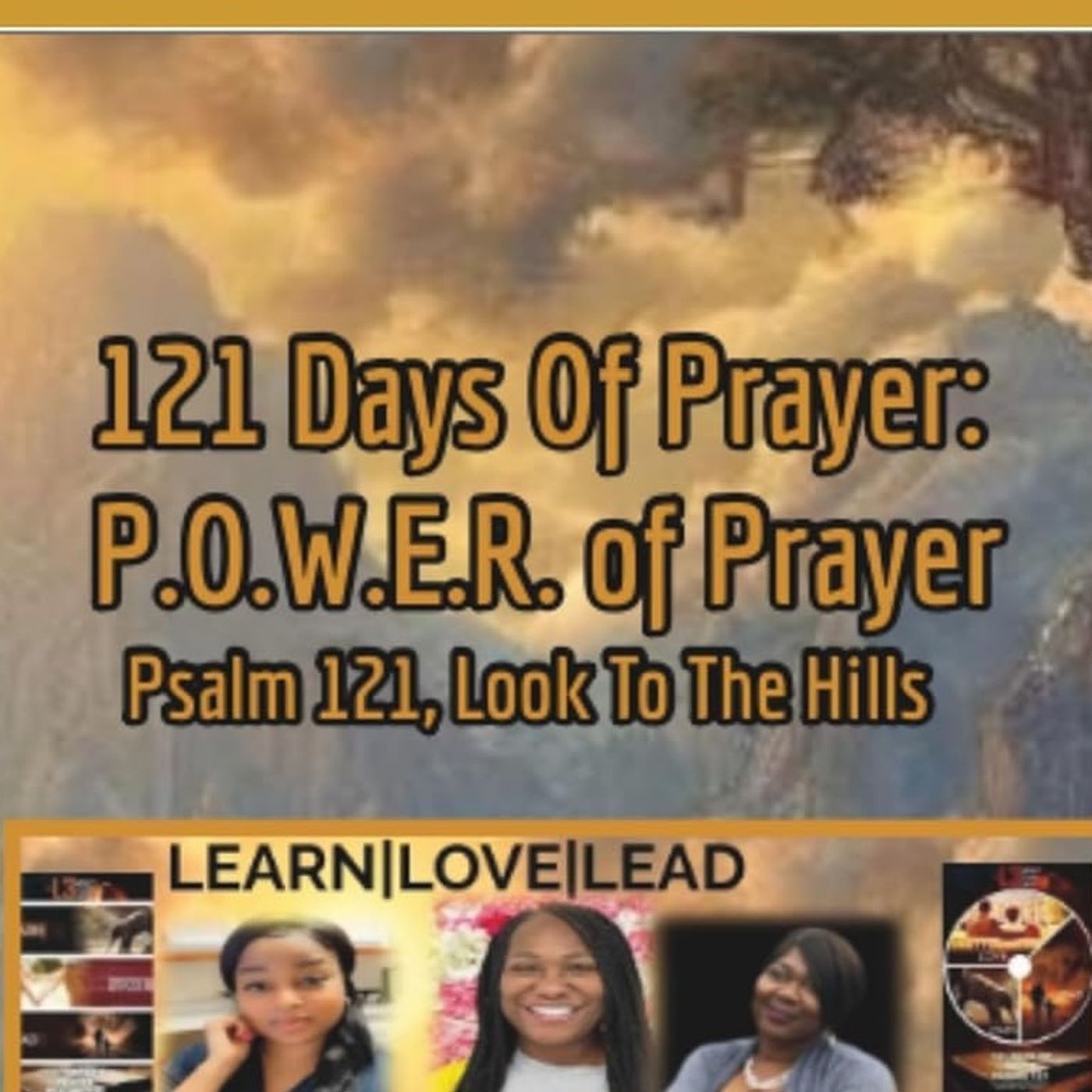“Running, Storms, and Stillness: Lessons from Jonah’s Call”
Scripture Focus: Jonah 1:1-4 (NIV) The word of the Lord came to Jonah son of Amittai: “Go to the great city of Nineveh and preach against it, because its wickedness has come up before me.” But Jonah ran away from the Lord and headed for Tarshish. He went down to Joppa, where he found a ship bound for that port. After paying the fare, he went aboard and sailed for Tarshish to flee from the Lord. Then the Lord sent a great wind on the sea, and such a violent storm arose that the ship threatened to break up…
Backstory:
Jonah, a respected prophet in Israel, received a challenging command from God: preach repentance to Nineveh, the capital of Assyria—a ruthless enemy of Israel. Instead of obeying, Jonah attempted the impossible: he ran from God’s presence, boarding a ship headed in the opposite direction (Tarshish). But Jonah soon learned you can’t outrun the divine call. God sent a mighty storm that put everyone on the ship in peril—reminding Jonah, and us, that God pursues us even when we rebel.
3 Profound Takeaways from Jonah’s Story
1. God’s Purpose Will Find You—Even When You Run. Jonah’s refusal to obey God’s instruction to preach to Nineveh wasn’t just an act of fear or stubbornness; it was an attempt to completely step out of the purpose God had designed for him. He traveled in the opposite direction, paid a fare, and physically tried to put as much distance between himself and God’s will as possible. But God’s assignment on our lives cannot be permanently avoided or erased; when God has appointed us for a specific mission, His purpose relentlessly pursues us. Rather than letting Jonah simply disappear into obscurity, God orchestrated circumstances—in this case, a supernatural storm—to get his attention and bring him back into alignment with his destiny. Jonah’s running didn’t erase his calling; it only delayed the fulfillment of it and created more hardship for himself and others in the process. Ultimately, God’s plans find us, no matter how far we try to go.
2. Our Disobedience Affects Others. Jonah’s decision to flee from God put not only his own life in danger, but also the lives of innocent sailors who had no idea what was really happening. The storm that God sent wasn’t confined to Jonah’s personal experience; it endangered the entire ship, forcing the crew to toss their cargo overboard and cry out in fear. This demonstrates that our decisions—especially those to resist or disobey God—often create waves that ripple through the lives around us: our families, friends, coworkers, and even strangers. Spiritual rebellion or neglect has consequences that extend beyond our own story, sometimes creating unnecessary chaos, anxiety, or loss for others. The story of Jonah is a sober reminder that our faithfulness—or lack thereof—shapes the environment for those who travel life’s journey with us.
3. God Is Relentlessly Merciful. Despite Jonah’s disobedience and his willful attempt to abandon God’s directive, God did not cast him aside or replace him. Instead, God intervened with a storm—not as punishment, but as redirection. The storm, the time in the belly of the great fish, and every uncomfortable moment Jonah faced were part of God’s determined effort to bring him back into purpose and relationship. And God’s mercy wasn’t just for Jonah; it was for the people of Nineveh as well. Even after such open rebellion, Jonah was given another chance to fulfill his calling, and the people of Nineveh were given an opportunity to repent and be saved from destruction. God’s mercy chases after us—not to condemn, but to restore, to redeem, and to connect us—and even entire communities—to the destiny and grace He’s planned from the very beginning. This relentless mercy is a promise that, no matter our failures, God’s grace will meet us and lead us into second chances.
3 Ways to Apply Jonah’s Lesson Today
1. Sit Still and Listen (Psalm 46:10):
When faced with a challenging decision, a difficult calling, or a season of inner turmoil, our first instinct is often to rush into action or immerse ourselves in distractions. We may busy ourselves with tasks, seek advice from everyone around us, or attempt to outrun our anxiety—anything to avoid confronting what God might be saying. Yet God’s Word in Psalm 46:10, “Be still, and know that I am God,” invites us to pause and enter His presence in silence. This kind of stillness is not simply the absence of noise or movement; it is a spiritual posture of trust and attentive waiting. By intentionally setting aside time for quiet prayer, reflection, and scripture, we open ourselves to God’s voice and allow His guidance to become clear. Stillness anchors us, providing clarity and courage before decisions are made. In silence, we can receive instruction or correction from God, preventing the unnecessary “storms” that come from striving, avoidance, or impulsive choices. Instead of running ahead or away, slow down, surrender your worries, and let God’s peace direct your next steps.
2. Examine Your Direction:
It’s important to regularly stop and honestly evaluate the path you’re taking. Ask yourself probing questions like, “Am I resisting something that God is clearly asking of me? Is there an area where I am intentionally delaying obedience—perhaps forgiving someone, stepping out in faith, or making a life change?” Jonah’s story teaches us how easy it is to drift off course, sometimes with subtle compromises or outright avoidance. Whenever you sense unrest, guilt, anxiety, or recurring obstacles, take it as a loving nudge from God to consider whether you’re ignoring or running from His instructions. Repentance is not just for major moral failures but for any moment when we realize we’ve chosen our own way over His. The beauty of God’s grace is that realignment is always possible—no matter how far we’ve gone in the wrong direction. Honestly examine your life, admit where you’re off course, ask for God’s forgiveness, and intentionally step back onto the path He’s prepared for you.
3. Remember Who’s in Control:
When life’s storms hit—whether in the form of trouble, loss, conflict, or inner chaos—it’s easy to panic, question God, or feel hopeless. Jonah’s journey reminds us to ask: “Am I in the midst of this storm because I’ve been running from God’s purpose?” If so, let the trial prompt you to realign your life with God’s will. But also remember: the God who allows storms is also the God who calms them. Even our most turbulent seasons are not outside His control or concern. Trust that every hardship, every detour, and every test can be transformed into a pivotal moment for growth and deepening faith, if we surrender them to Him. Let your confidence rest not in your ability to manage the storm, but in God’s sovereign power and loving purpose. Knowing He is in control transforms fear and chaos into hope and direction.
A Powerful Word of Encouragement
Maybe you find yourself in Jonah’s shoes—running, wrestling, or simply weary from storms. Hear this: God’s call is not cancelled by your detours. His mercy is greater than your mistakes, and His plans for you are rooted in love and redemption. If God is calling you, lean into stillness (Psalm 46:10). Know that He will not abandon you in the storm; He will guide you through it, restore you, and use you for something greater than you can imagine.
Don’t fear your Nineveh. God will be with you every step of the journey—the God who asks you to go is the same God who gives you grace, courage, and a second chance.
Prayer: Lord, whether I’m facing a hard call or the consequences of running from You, teach me to be still and listen for Your presence. Redirect my steps. Empower me to obey, trust Your purpose, and lean on Your mercy that never fails. In Jesus’ name, Amen.
Remember: “Be still, and know that I am God.” (Psalm 46:10) No matter where you are in the journey, God is with you—and His story through you is not over.
















Share this post